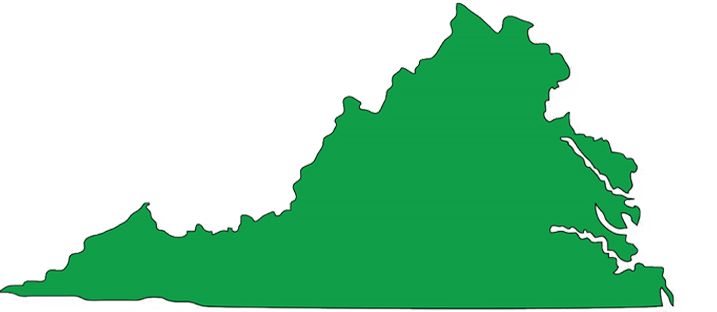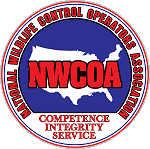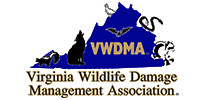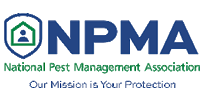Virginia Wildlife Management Services - Click Your Closest City
Virginia Bat Removal & Control Services - Big Brown Bat, Brazilain Free-tailed Bat, Evening Bat, & Little Brown
Blue Ridge Wildlife & Pest Management provides bat removal, bat control, and getting rid of bats in Virginia.
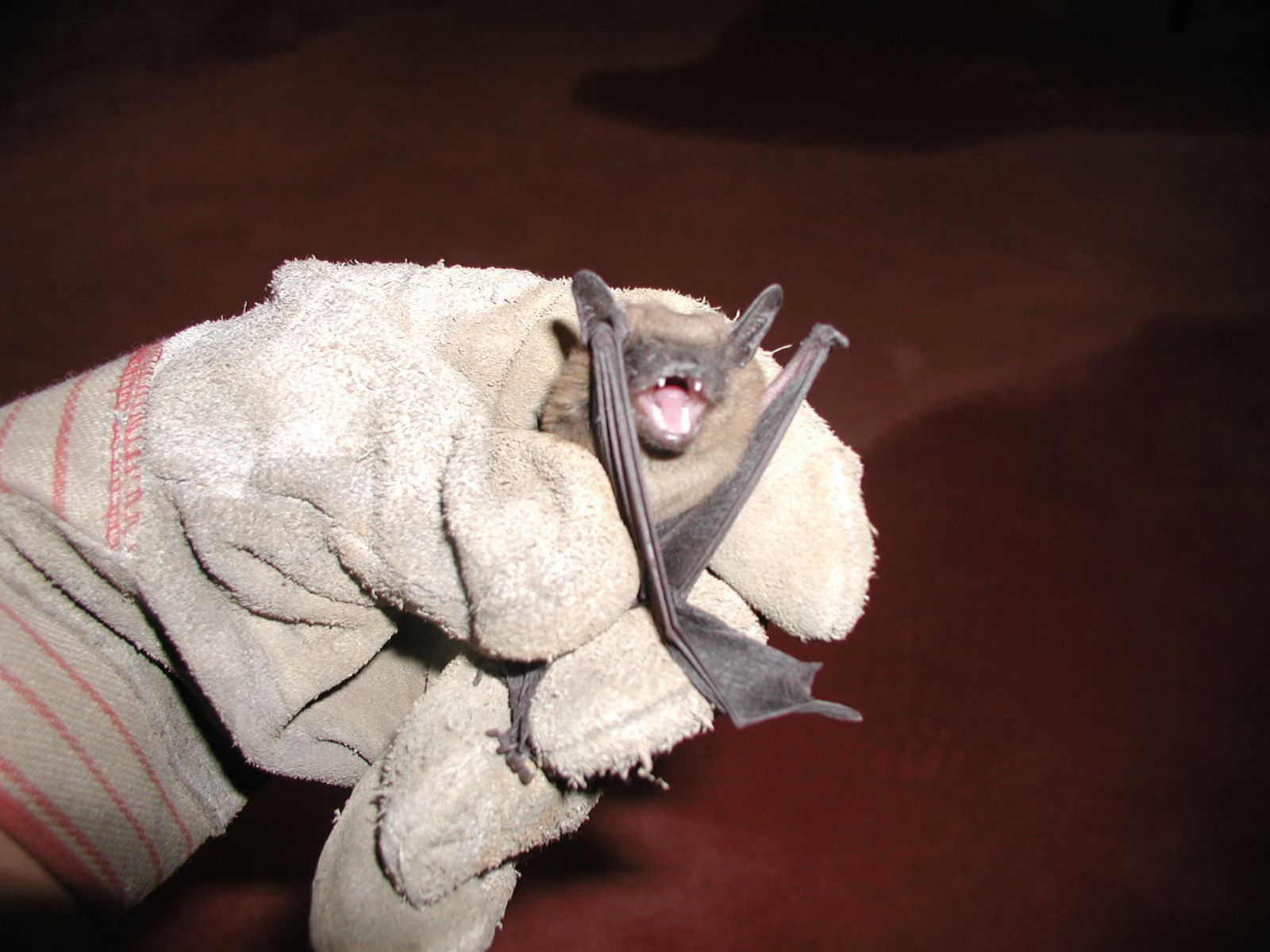
​CLICK HERE to find Your Bat Removal Professional in Virginia.
Residential and commercial properties are equally desirable for bats to live in. A bat needs a space no more than an inch wide and a 1/3 of an inch tall to gain access in to a dwelling. Most bats will colonize in the gable vents, behind shutters, under siding, behind the trim boards, and sometimes in an old chimney. Bats are social creatures and live in colonies that can range from hundreds to thousands. Shortly before sunset most of the bats will emerge from the dwelling to seek out food and water throughout the night time hours. (Never assume that all the bats are out at once.) Even though they have poor eyesight, they navigate and find their food using echolocation. Their diet consists of insects, which plays an important role in the ecosystem keeping most insect pests to desirable levels for humans.
If you need bat removal or need to get rid of bats in Alexandria, Arlington, Bedford, Blacksburg, Bristol, Charlottesville, Covington, Chesapeake, Danville, Fairfax, Fredericksburg, Hampton, Harrisonburg, Lexington, Lynchburg, Loudon, Manassas, Martinsville, Newport News, Norfolk, Richmond, Roanoke, Smith Mountain Lake, Staunton, Virginia Beach, Waynesboro, Williamsburg, Winchester, Wytheville, and Yorktown Virginia, Your Wildlife Professional is available to solve your bat problem.
​CLICK HERE to find Your Bat Removal Professional in Virginia.
Call Now 540-940-6489
Virginia Beaver (Castor canadensis) Order Rodentia Removal & Control
Blue Ridge Wildlife & Pest Management provides rodent control, beaver removal, beaver control, and beaver pest control in Virginia.
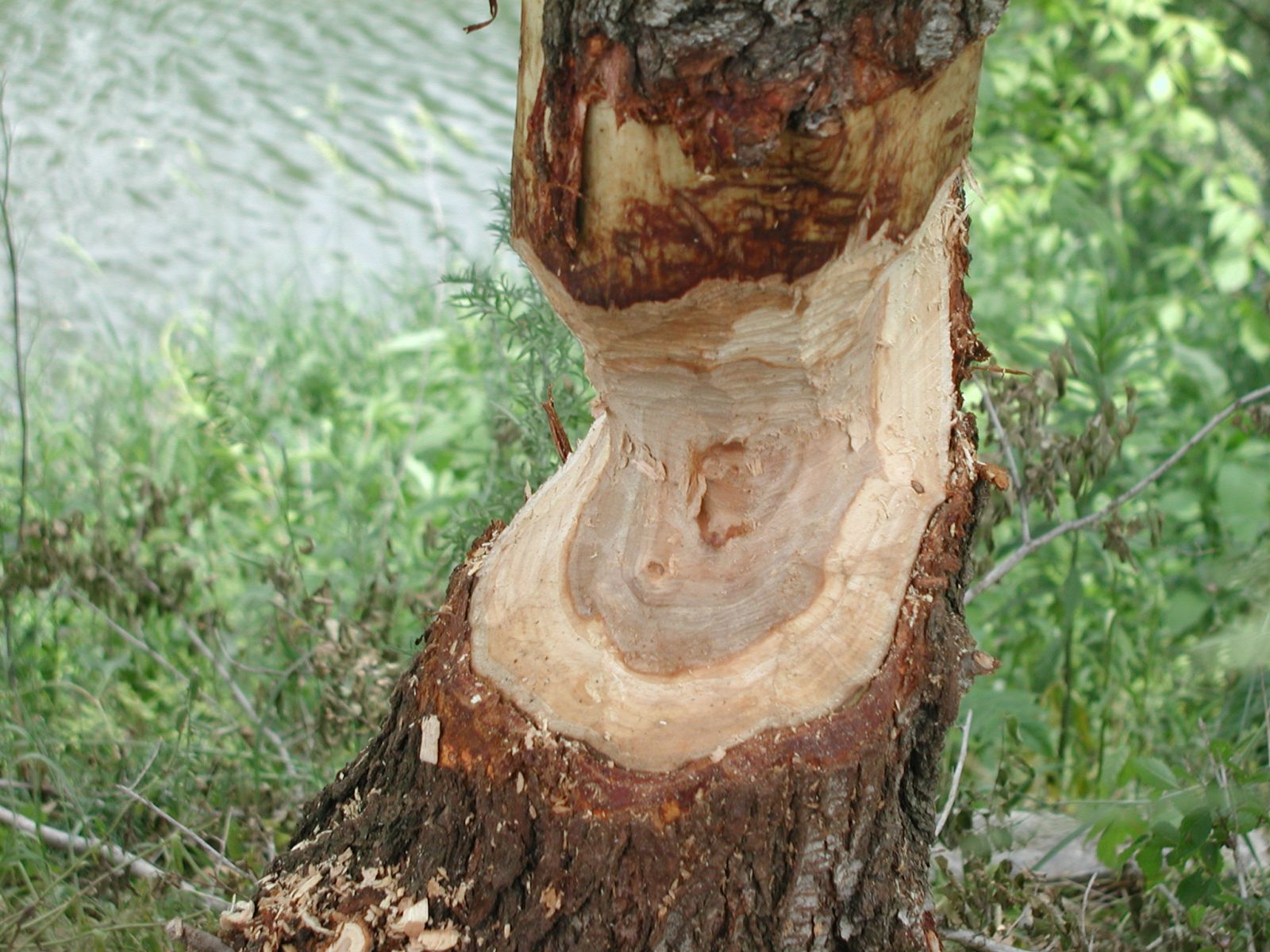
​CLICK HERE to find Your Wildlife Professional in Virginia.
If you need beaver control, beaver removal, to get rid of beaver, or to get rid of a beaver infestation in the counties, cities and towns of Alexandria, Arlington, Bedford, Blacksburg, Bristol, Charlottesville, Covington, Chesapeake, Danville, Fairfax, Fredericksburg, Hampton, Harrisonburg, Lexington, Lynchburg, Loudon, Manassas, Martinsville, Newport News, Norfolk, Richmond, Roanoke, Smith Mountain Lake, Staunton, Virginia Beach, Waynesboro, Williamsburg, Winchester, Wytheville, and Yorktown Virginia. Your Wildlife Professionals is here to help you. Please Contact Us to help solve your beaver problem.
Virginia Bird Removal, Bird Control, Bird Control Devices, and Bird Deterrent
Blue Ridge Wildlife & Pest Management, has been solving bird problems for over 20 years in Virginia. We have dealt with problem birds first hand for many years as one of the largest wildlife and pest management companies in Virginia. 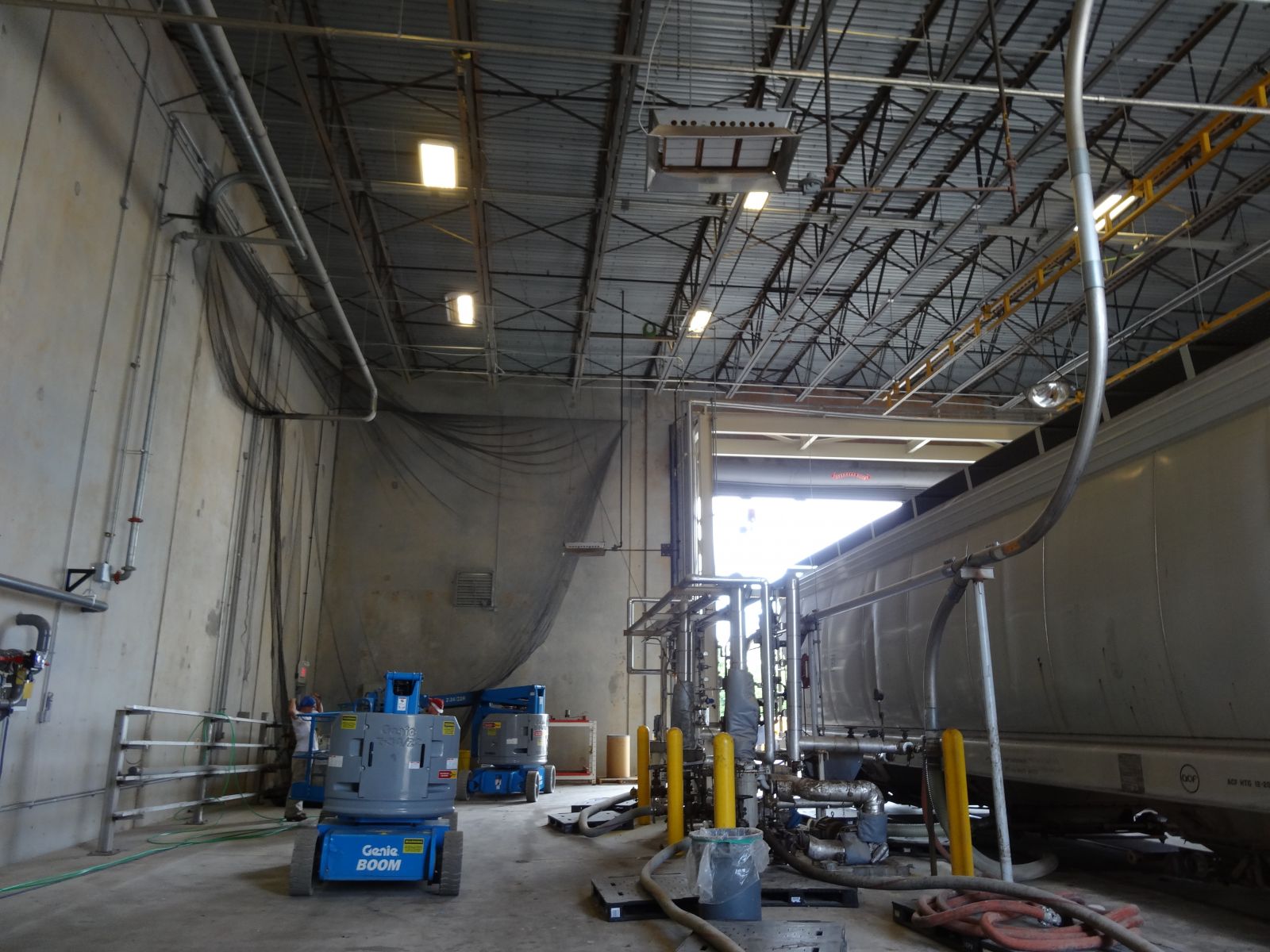
Blue Ridge Wildlife & Pest Management has resolved hundreds of bird problems across Virginia. We have consulted with architects, homeowners, store owners, property managers, municipalities and the military. No project or problem is too big or too small for us to handle. Our knowledge, training, and certifications have given us the ability to design and or implement any bird control project as specified and with safety as our top priority. Deadlines are important and we will make sure that they are met.
As bird management specialists, Your Wildlife Pro understands that each bird situation is different and needs a customized plan of action. Our experience allows us to evaluate the situation and determine the best plan of action required. By working with the agency, owner, or manager as a team, we are able to successfully resolve bird problems using a variety of techniques and tools. This approach has led us to be recognized in Virginia as the bird management experts in the wildlife management industry.
Your Wildlife Professional is able to evaluate the situation and take steps for immediate intervention. Our number one priority is the safety and peace of mind of clients experiencing a human - bird conflict. By identifying and focusing on the problem and not the symptoms, Your Wildlife Professional has a track record of providing long-term and whenever possible permanent solutions.
There are many species of birds that can be considered nuisance birds in Virginia. European starlings, pigeons, English sparrows, barn swallows, geese, chimney swifts, vultures, and woodpeckers are just the most common nuisance birds that we deal with regularly.
Bird droppings and nesting debris will streak and stain anything they land on as well as accumulate upon walkways and loading areas below their roosts, which can create a slipping and or health hazard.
Bird infestations leave an unkempt appearance as well as create a health and safety concern to anybody coming into direct contact with the fecal and nesting materials.
Bird droppings are very acidic in nature and will damage any surface upon which they accumulate. The droppings are also a breeding medium for numerous insects and fungus. Bird lice, or more correctly, mites are commonly associated with birds. Bird mites are a blood-sucking parasite of these pest birds and become a problem with people when they are unable to get food, once they are separated from their host.
When birds leave their nests permanently, get trapped in the wall cavities or die, the bird mites leave the nest in search of a new host. Their route of travel is usually down wall cavities or through ventilation ducts into rooms. They can only survive two to three weeks without a feed from their usual host.
Many birds may use the interior of your structure and or portions of buildings to nest and roost if an opportunity is provided. Openings to exhaust vents, around utilities entering the structure, chimneys, lofts, steeples, eaves or old cracks or holes can be blocked with a variety of materials such as: wire mesh, wood, sheet metal, vinyl siding, or other solid construction materials to prevent birds from entering.
Your Wildlife Professionals staff are specially trained and certified in Bird Control, Bird Removal, Trapping Birds and all other types of Animal Control and Animal Removal. We'll perform Bird Control and Bird Removal in an environmentally conscious and humane way to your home or building in order to illuminate all the entry, roosting, loafing, and nesting areas permanently.
Our bird control services are guaranteed and warranted for 1 to 10 years depending on the technique and the materials used to solve your bird problem.
If you are in need of Bird Control to get rid of birds in Virginia, contact Your Wildlife Professionals today. Nuisance problems from birds will get worse if left alone. Our bird control specialist will be able to use a variety of tools and professional methods like bird spikes, bird deterrents, bird repellents, bird wires, bird netting, and may also perform bird trapping, roost removal, population control, baiting, or total bird removal as well. Bird control is a very involved process and may include one or more of these bird proofing solutions.
There are many varieties of structural bird control products. Different bird control products work for different birds under different situations. One important item to note is bird pressure, that is, how determined a bird is to remain in the area. Some products will not work for nesting or roosting bird problems because the bird is too determined to stay there and will find a way to defeat the product. Here is a brief definition of bird pressure:
Heavy Pressure: The bird is nesting or roosting at this site and there is generally a food or water source nearby.
Medium Pressure: This is most likely a food or afternoon resting site, but they do not nest or roost there.
Light Pressure: There is no food source or sheltered area at site and the birds stop there briefly during the day.
Once you have determined the bird pressure at your problem site, you can select the product that works best for your bird problem, your bird species and your aesthetic tastes. All of the structural bird control products listed below humanely deter problem birds. Click on the bird control product name for more detailed information on each product. A quick reference sheet of problem birds and the bird control products that work best for each problem area is available here.
Bird Barrier® Stealthnet® Bird Netting
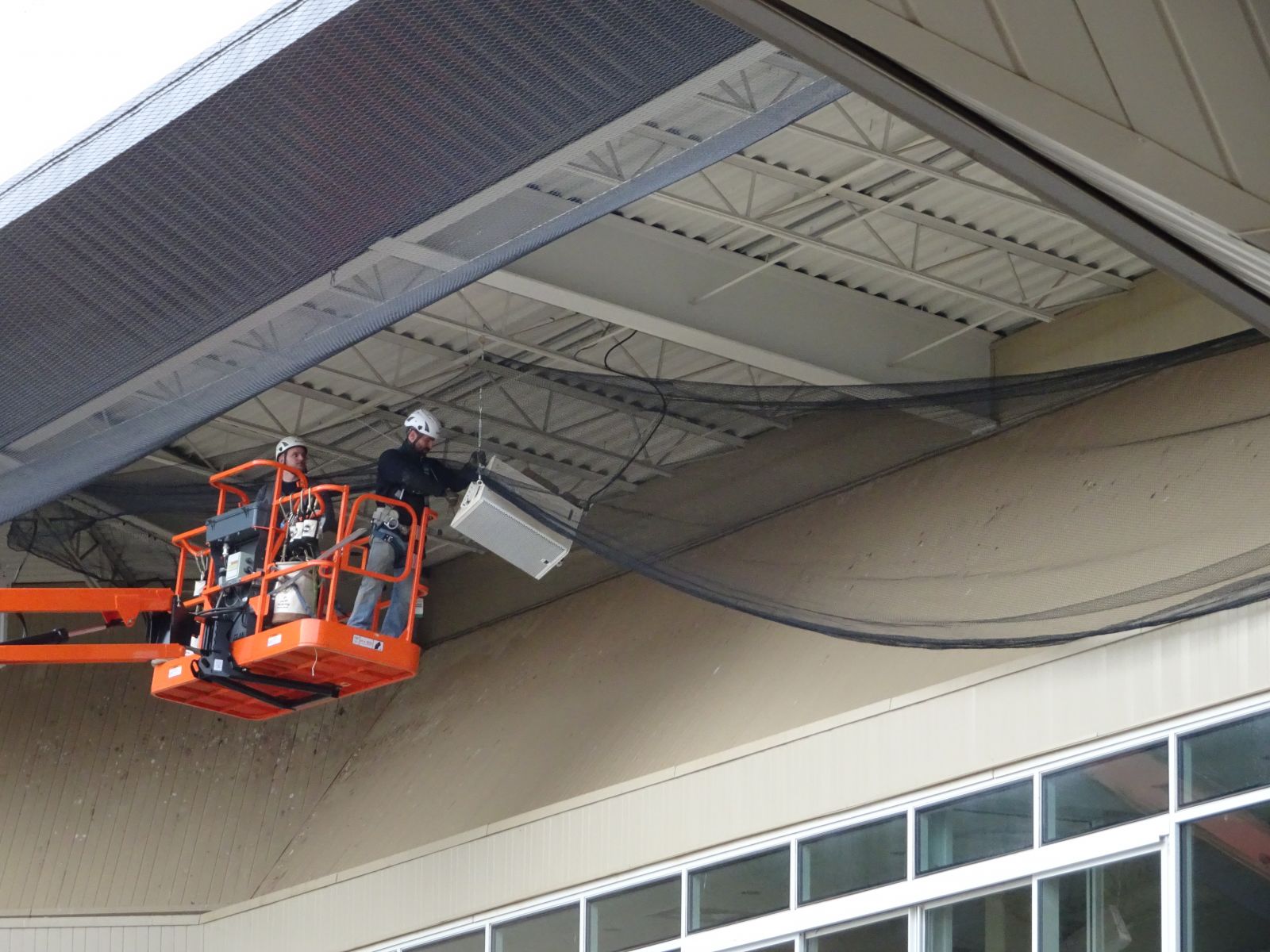
Bird Pressure Level: Any level
Bird Species Effectiveness: Any problem bird (mesh sizes vary accordingly)
Best Uses: Light to Heavy bird pressure situations; any enclosed or semi-enclosed are, opening or building configuration where pest birds need to be excluded.
Material: Flame and U.V. resistant strands of polyethylene twine, twisted and knotted with steel hardware.
Bird Spikes
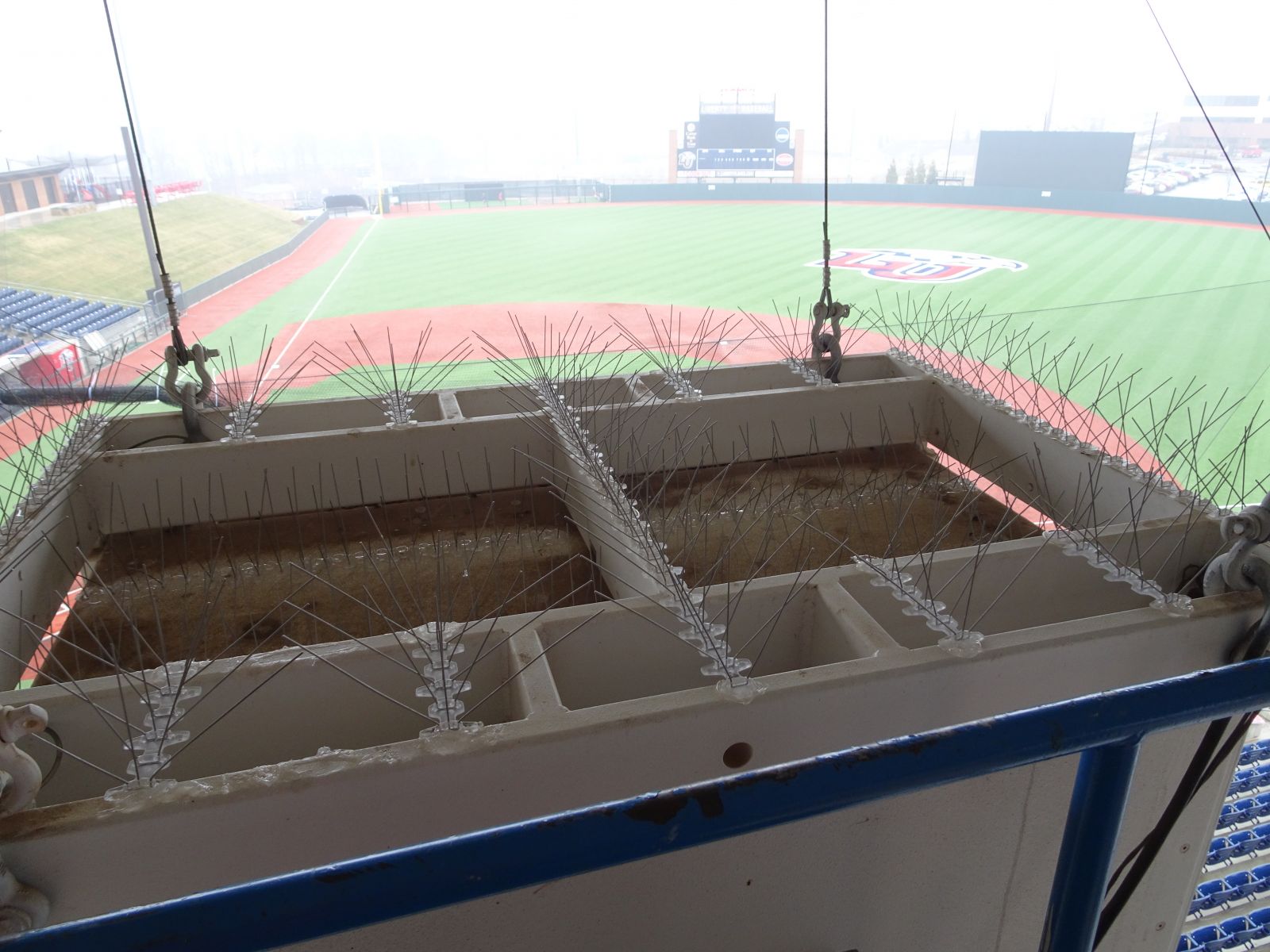
Bird Pressure Level: Medium-Heavy
Bird Species Effectiveness: Pigeons, Gulls, Crows and other large birds
Best Uses: To deter problem birds from ledges, parapets, signs, beams, pipes, chimneys, cutouts, security cameras, lights, etc.
Material: Blunt-tipped, stainless steel rods with U.V. resistant polycarbonate base
Bird Barrier® Birdwire® Bird Control Wire
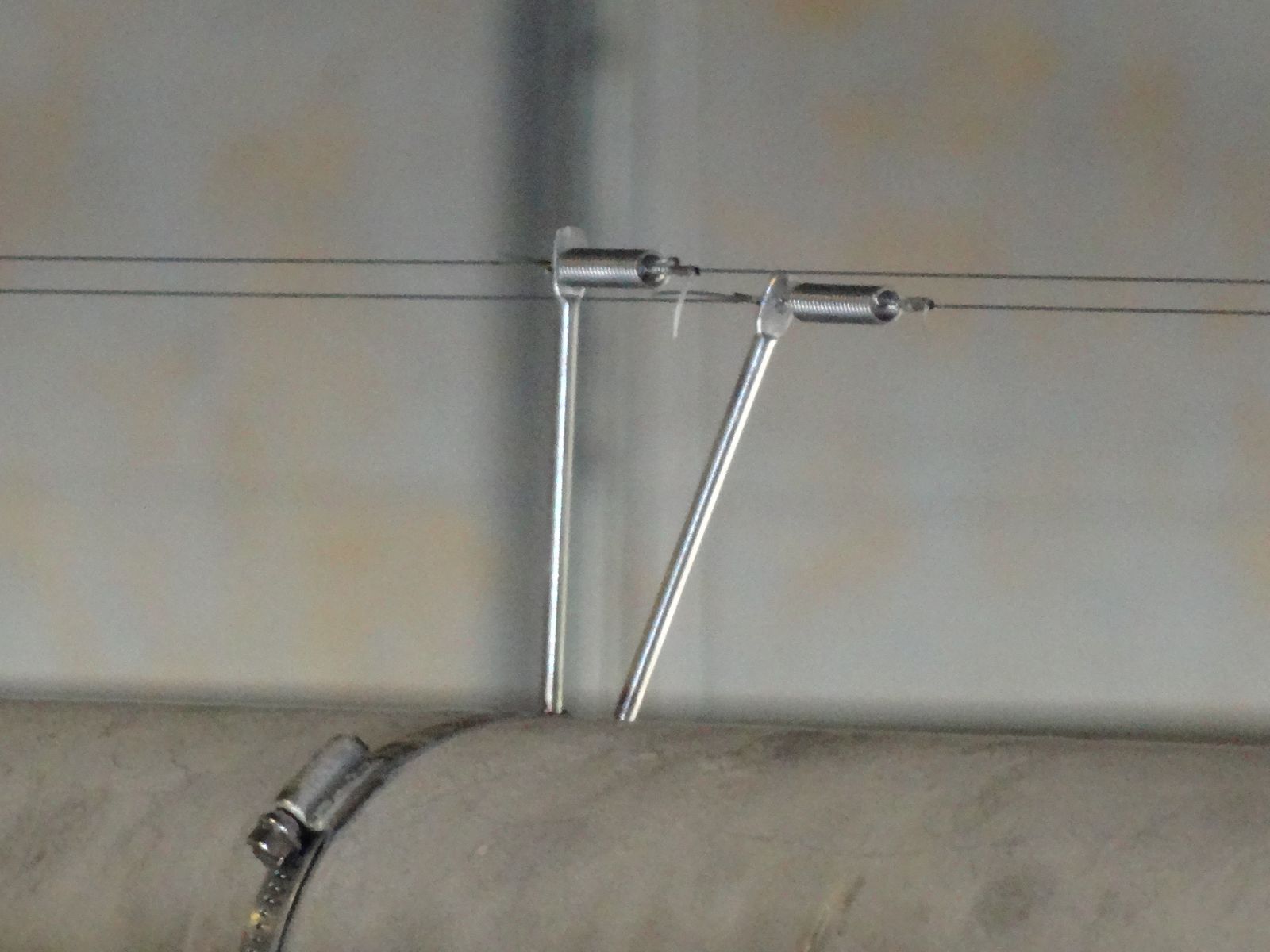
Bird Pressure Level: Light - Medium
Bird Species Effectiveness: Pigeons, Gulls, Crows and other large birds
Best Uses: To deter problem birds from long, exposed ledges, signs, beams, pipes, etc.
Material: Stainless steel, nylon coated wire is attached to stainless steel posts and tensioned using springs
Bird Barrier® Shock Track® Flex Track® Electric Bird Track
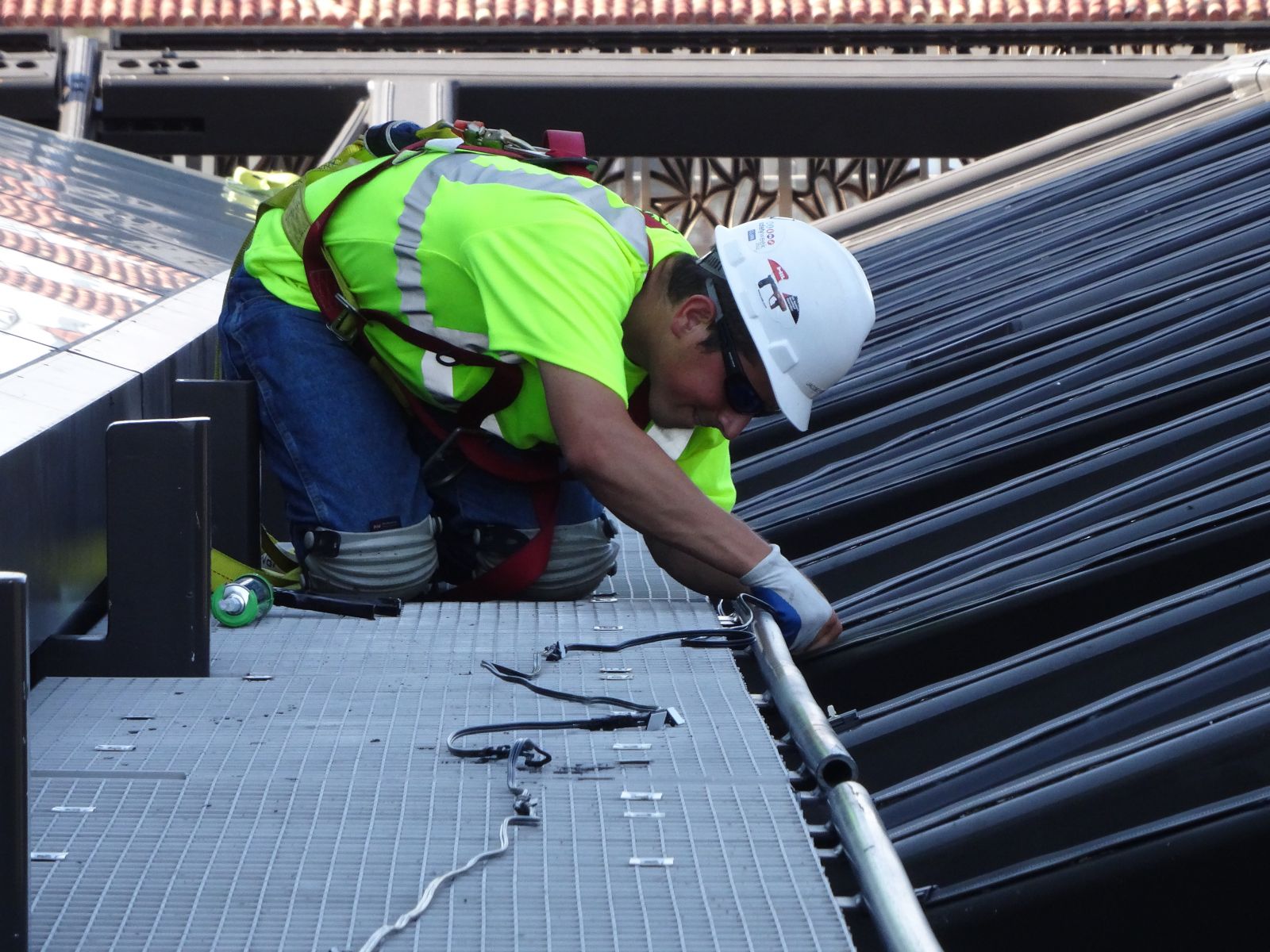
Bird Pressure Level: Light - Heavy
Bird Species Effectiveness: All species
Best Uses: To deter problem birds from ledges, signs, beams, roofs, parapets, etc.
Material: PVC track with stainless steel conductors
Bird Barrier® Daddi Long Legs
Long, thin, wavy, plastic-tipped stainless steel rods rotate in the slightest of breezes from a Delrin plastic base, waving menacingly at targeted pest birds attempting to land. Easy to install and top is removable from base for maintenance access.
Bird Pressure Level: Light - Medium
Bird Species Effectiveness: Pigeons, Gulls, Crows and other large birds
Best Uses: To deter problem birds from rooftops and other open areas, A.C. units, street lights, patio umbrellas, etc.
Material: Stainless steel "arms" with Delrin base
Bird Barrier® BirdSlide®â€‹ Bird Control for Ledges
BirdSlide is a bird control product that prevents birds from landing on ledges, I-beams, eaves, angle irons, and most "L" shaped ledges. This bird control product looks like an architectural detail and can be painted to color match the building, providing long-lasting, difficult to detect bird control.
Bird Pressure Level: Light - Heavy
Bird Species Effectiveness: Swallows, Sparrows, Starlings, Blackbirds, Pigeons, Gulls, Crows and other problem birds
Best Uses: To deter problem birds from ledges, I-beams, eaves, etc.
Material: U.V. Stabilized polycarbonate that will protect your building for a minimum of five years from problem birds.
Your Wildlife Professionals provides pigeon control & removal, sparrow removal & control, starling removal & control, vulture removal & control, woodpecker removal & control, sea gull removal & control, chimney swift removal & control, and geese removal & control with Bird Barrier® Stealthnet® bird netting, Birdwire® BirdSlide® Shock Track® Flex Track® electric bird track to get rid of pest pigeons, pest sparrows, pest starlings, pest vultures, pest woodpeckers, pest sea gulls, pest chimney swifts, and pest geese in the counties, cities and towns of Alexandria, Arlington, Bedford, Blacksburg, Bristol, Charlottesville, Covington, Chesapeake, Danville, DC, District of Columbia, Fairfax, Fredericksburg, Hampton, Harrisonburg, Lexington, Lynchburg, Loudon, Manassas, Martinsville, Newport News, Norfolk, Richmond, Roanoke, Smith Mountain Lake, Staunton, Virginia Beach, Washington D.C., Waynesboro, Williamsburg, Winchester, Wytheville, and Yorktown Virginia. Bird Barrier® Stealthnet® Birdwire® BirdSlide® Shock Track® Flex Track® is easily customized to deter pigeons, sparrows, starlings, vultures, woodpeckers, geese, sea gulls, and chimney swifts while accommodating demanding architectural specifications. For pigeon, starling, sparrow, vulture, woodpecker, geese, sea gull, and chimney swift design, removal, and control options, please contact Your Wildlife Professionals, Inc. for a bird consultation.
Virginia Bobcat (Lynx rufus) Order Carnivora Removal & Control
In human environments bobcats can adapt easily due to the abundance of food and shelter. Humans provide food sources such as trash cans and pet food bowls that are replenished regularly. Urban landscapes provide a great food supply for bobcats because they attract prey or other wildlife species that bobcats are looking for. Once a bobcat has found this prevalent food source it will look for a den site that is relatively close to that food source. Homes or the area around your home can become a den site due to increases in urbanization or land development in bobcat inhabited areas, and the steady increase in prey species in these areas does not help. The bobcat prefers to live in thick heavy underbrush as close to his prey or hunting grounds as possible. Old barns, low laying decks, and storage sheds have been used for den sites as well. As long as we continue to urbanize and provide an abundance of food to the bobcat they will continue to adapt to human environments and pose a threat to human health.
If you need bobcat control, bobcat removal, to get rid of bobcat, or to get rid of a bobcat infestation in the counties, cities and towns of Alexandria, Arlington, Bedford, Blacksburg, Bristol, Charlottesville, Covington, Chesapeake, Danville, Fairfax, Fredericksburg, Hampton, Harrisonburg, Lexington, Lynchburg, Loudon, Manassas, Martinsville, Newport News, Norfolk, Richmond, Roanoke, Smith Mountain Lake, Staunton, Virginia Beach, Waynesboro, Williamsburg, Winchester, Wytheville, and Yorktown Virginia. Your Wildlife Professionals, Inc. is here to help you. Please Contact Us to help solve your bobcat problem.
CLICK HERE to find Your Wildlife Professional in Virginia.
Virginia Cat Removal, Cat Control, Domestic Animal Control
Your Wildlife Professionals, Inc. does not provide cat removal, cat control, or cat pest control in Virginia.
If you need domestic animal control, cat control, cat removal, to get rid of cat, or to get rid of a cat infestation in the counties, cities and towns of Alexandria, Arlington, Bedford, Blacksburg, Bristol, Charlottesville, Covington, Chesapeake, Danville, Fairfax, Fredericksburg, Hampton, Harrisonburg, Lexington, Lynchburg, Loudon, Manassas, Martinsville, Newport News, Norfolk, Richmond, Roanoke, Smith Mountain Lake, Staunton, Virginia Beach, Waynesboro, Williamsburg, Winchester, Wytheville, and Yorktown Virginia. Your Wildlife Professionals, Inc. cannot help you.
Please contact your local animal control office for domestic animal removal.
CLICK HERE to find Your Animal Control Officer in Virginia.
Virginia Chipmunks (Tamias striatus) Order Rodentia Removal & Control
Your Wildlife Professionals, Inc. provide rodent control, chipmunk removal, chipmunk control, and chipmunk pest control in Virginia.
The Eastern Chipmunk can adapt to human environments easily and usually by choice. The chipmunk adapts easily due to the abundance of food and shelter. Humans provide food sources such as bird feeders or squirrel feeders that are replenished regularly. Urban landscapes provide attractive nuts, buds, and fruits from trees that chipmunks will favor. Once a chipmunk has found a prevalent food source it will look for a nesting site that is relatively close to that food source. In most instances, structures around your home become the nesting site due to increases in urbanization in chipmunk inhabited areas. The chipmunk will look for an area around your home that poses the least resistance. Rotten stumps, debris piles, concrete slabs, driveways, and stone walls are a few locations for their den site. Once this burrow is established they will start to build their nest. As the chipmunk population grows around your home, so will the damage created by their burrows. Extensive burrows under concrete slabs, driveways, and stone walls will cause costly repairs due to settling from these structures. As long as we continue to urbanize, cut down native nesting trees, and provide an abundance of food to the chipmunks, they will continue to adapt to human environments and pose a threat to homes and human health.
If you need chipmunk control, chipmunk removal, to get rid of chipmunk, or to get rid of a chipmunk infestation in the counties, cities and towns of Alexandria, Arlington, Bedford, Blacksburg, Bristol, Charlottesville, Covington, Chesapeake, Danville, Fairfax, Fredericksburg, Hampton, Harrisonburg, Lexington, Lynchburg, Loudon, Manassas, Martinsville, Newport News, Norfolk, Richmond, Roanoke, Smith Mountain Lake, Staunton, Virginia Beach, Waynesboro, Williamsburg, Winchester, Wytheville, and Yorktown Virginia. Your Wildlife Professionals, Inc. is here to help you. Please Contact Us to help solve your chipmunk problem.
​CLICK HERE to find Your Wildlife Professional in Virginia.
Virginia Coyote (Canis latrans) Order Carnivera Removal & Control
Your Wildlife Professionals, Inc. provides coyote removal, coyote control, and coyote pest control in Virginia.
Coyotes can adapt easily to our environments due to the abundance of food and shelter. Humans provide food sources such as trash cans and pet food bowls that are replenished regularly. Urban landscapes provide a great food supply for coyotes because they attract prey or other wildlife species that coyotes are looking for. Once a coyote has found this prevalent food source it will look for a den site that is relatively close to that food source. Homes or the area around your home can become a den site due to increases in urbanization or land development in coyote inhabited areas, and the steady increase in prey species in these areas does not help. The coyote prefers a vacant woodchuck den as close to his prey or hunting grounds as possible. Old barns, low laying decks, and storage sheds have been used for den sites as well. As long as we continue to urbanize and provide an abundance of food to the coyote they will continue to adapt to human environments and pose a threat to human health.
If you need coyote control, coyote removal, to get rid of a coyote, or to get rid of a coyote infestation in the counties, cities and towns of Alexandria, Arlington, Bedford, Blacksburg, Bristol, Charlottesville, Covington, Chesapeake, Danville, Fairfax, Fredericksburg, Hampton, Harrisonburg, Lexington, Lynchburg, Loudon, Manassas, Martinsville, Newport News, Norfolk, Richmond, Roanoke, Smith Mountain Lake, Staunton, Virginia Beach, Waynesboro, Williamsburg, Winchester, Wytheville, and Yorktown Virginia. Your Wildlife Professionals, Inc. is here to help you. Please Contact Us to help solve your coyote problem.
CLICK HERE to find Your Wildlife Professional in Virginia.
Virginia Dead Animal Removal Services
Your Wildlife Professionals, Inc. provides dead animal removal services in Virginia.
If you have a dead animal in wall or need dead animal removal, dead deer removal, dead opossum removal, dead skunk removal, dead squirrel removal, dead mice removal, or dead rat removal, on your property or in your home or business in Alexandria, Arlington, Bedford, Blacksburg, Bristol, Charlottesville, Covington, Chesapeake, Danville, Fairfax, Fredericksburg, Hampton, Harrisonburg, Lexington, Lynchburg, Loudon, Manassas, Martinsville, Newport News, Norfolk, Richmond, Roanoke, Smith Mountain Lake, Staunton, Virginia Beach, Waynesboro, Williamsburg, Winchester, Wytheville, and Yorktown Virginia, VA, Blue Ridge Wildlife & Pest Management, LLC is available to remove the dead animal from your property.
- We provide domestic and wild dead animal removal services in your yard, attic, crawl space, in walls, under trailers, and under porches.
- We will locate, remove, and treat the area with a disenfectant and an odor eliminator.
​CLICK HERE to find Your Wildlife Professional in Virginia.
Virginia White-tailed Deer - (Odocoileus virginianus) Removal & Control
Damage to ornamental plants, trees, shrubs, and flowers by white-tailed deer has increased dramatically over recent years. Deer damage to home landscapes and gardens is the number one complaint in urban areas. An integrated approach to deer damage management can often be the most optimal way to deal with the problem. Using any one or a combination of strategies including population management, fencing, plant selection, and commercial repellants can be the best approach to minimize deer damage.
Your Wildlife Professionals, Inc. offers a deer repellent treatment service which uses a combination of organic products to prevent deer from eating your valuable landscape. After years of research, experiments and field tests, Your Wildlife Professionals, Inc. wildlife biologists have designed a successful treatment program using a combination of deer repellants. Our deer repellent treatment is environmentally safe, harmless to humans and pets, and will not damage trees, shrubs, or flowers.
Repellants discourage deer feeding by having an offensive taste, odor, or a combination of both. Continuous use of the same product will prove to be ineffective, and repellants that work in one location may not work in another. Our best results have been found in areas with moderate deer pressure and feeding. Areas with high deer densities, which is rare in our area, will continue to experience some damage because your area has most likely surpassed its carrying capacity and alternate food sources have been extinguished.
Your Wildlife Professionals, Inc. provides deer removal, dead deer removal, deer control, can get rid of deer in yard, and deer infestations by treating your landscape with deer repellants in the counties, cities and towns of Alexandria, Arlington, Bedford, Blacksburg, Bristol, Charlottesville, Covington, Chesapeake, Danville, Fairfax, Fredericksburg, Hampton, Harrisonburg, Lexington, Lynchburg, Loudon, Manassas, Martinsville, Newport News, Norfolk, Richmond, Roanoke, Smith Mountain Lake, Staunton, Virginia Beach, Waynesboro, Williamsburg, Winchester, Wytheville, and Yorktown Virginia, Your Wildlife Professionals, Inc. is here to help you. Please Contact Us to help solve your deer problem.
​CLICK HERE to find Your Wildlife Professional in Virginia.
Virginia Dog Removal, Dog Control, Domestic Animal Control
Your Wildlife Professionals, Inc. does not provide dog removal, dog control, or dog pest control in Virginia.
If you need domestic animal control, dog control, dog removal, to get rid of dog, or to get rid of a dog infestation in the counties, cities and towns of Alexandria, Arlington, Bedford, Blacksburg, Bristol, Charlottesville, Covington, Chesapeake, Danville, Fairfax, Fredericksburg, Hampton, Harrisonburg, Lexington, Lynchburg, Loudon, Manassas, Martinsville, Newport News, Norfolk, Richmond, Roanoke, Smith Mountain Lake, Staunton, Virginia Beach, Waynesboro, Williamsburg, Winchester, Wytheville, and Yorktown Virginia. Your Wildlife Professionals, Inc. cannot help you.
Please contact your local animal control office for domestic animal removal.
CLICK HERE to find Your Animal Control Officer in Virginia.
Virginia Flying Squirrel (Glaucomys volans) Order Rodentia Removal & Control
Your Wildlife Professionals, Inc. provide rodent control, flying squirrel removal, flying squirrel control, and flying squirrel pest control in Virginia.
The Southern Flying Squirrel (flying squirrel) can adapt to human environments easily and usually by choice. The flying squirrel can adapt easily due to the abundance of food and shelter. Humans provide food sources such as bird feeders or squirrel feeders that are replenished regularly. Urban landscapes provide attractive nuts, buds, and fruits from trees that flying squirrels will favor. Once a flying squirrel has found a prevalent food source it will look for a nesting site that is relatively close to that food source. In most instances, your home becomes the nesting site due to increases in urbanization or land development in flying squirrel inhabited areas, and a decline in large native trees in established neighborhoods. The flying squirrel will look for a spot to enter your home that poses the least resistance. Gable vents, attic fans, or rotten wood behind your gutter or in your soffit are a few locations. Once the den hole is established they will start to build their nest. The noise level in your home will increase once the flying squirrels begin bringing nesting material and food inside. It escalates when breeding season begins and when the young flying squirrels venture out and begin gnawing on the roof trusses or wall studs to wear down their teeth. Chewed electrical wires create the risk of fire and odor issues from their droppings and urine can create a biohazard. As long as we continue to urbanize, cut down native nesting trees, and provide an abundance of food to the Southern Flying Squirrel they will continue to adapt to human environments and pose a threat to homes and human health.
If you need flying squirrel control, flying squirrel removal, to get rid of flying squirrel, or to get rid of a flying squirrel infestation in the counties, cities and towns of Alexandria, Arlington, Bedford, Blacksburg, Bristol, Charlottesville, Covington, Chesapeake, Danville, Fairfax, Fredericksburg, Hampton, Harrisonburg, Lexington, Lynchburg, Loudon, Manassas, Martinsville, Newport News, Norfolk, Richmond, Roanoke, Smith Mountain Lake, Staunton, Virginia Beach, Waynesboro, Williamsburg, Winchester, Wytheville, and Yorktown Virginia. Your Wildlife Professionals, Inc. is here to help you. Please Contact Us to help solve your flying squirrel problem.
​CLICK HERE to find Your Wildlife Professional in Virginia.
Virginia Red Fox & Gray Fox Removal & Control Services
In human environments, foxes can adapt easily due to the abundance of food and shelter. Humans provide food sources, such as trash cans and pet food bowls that are replenished regularly. Urban landscapes provide a great food supply for foxes because they attract prey or other wildlife species that foxes are looking for. Once a fox has found this prevalent food source, it will look for a den site that is relatively close to that food source. Homes or the area around your home can become a den site due to increases in urbanization or land development in fox inhabited areas, and the steady increase in prey species in these areas does not help. The fox prefers a vacant woodchuck den as close to his prey or hunting grounds as possible. Old barns, low-lying decks, and storage sheds have been used for den sites as well. As long as we continue to urbanize and provide an abundance of food to the fox, they will continue to adapt to human environments and pose a threat to human health.
Early to late Spring you may see a fox during daylight hours. There is no reason to be concerned. This time of year foxes are feeding their pups and will hunt day and night to provide for the family. However, if the fox is showing unusual behavior, you should contact Your Fox Removal Professional.
Your Wildlife Professionals, Inc. provides fox removal, fox control, can get rid of foxes in your yard, and fox infestations in the counties, cities and towns of Alexandria, Arlington, Bedford, Blacksburg, Bristol, Charlottesville, Covington, Chesapeake, Danville, Fairfax, Fredericksburg, Hampton, Harrisonburg, Lexington, Lynchburg, Loudon, Manassas, Martinsville, Newport News, Norfolk, Richmond, Roanoke, Smith Mountain Lake, Staunton, Virginia Beach, Waynesboro, Williamsburg, Winchester, Wytheville, and Yorktown Virginia.
CLICK HERE to find Your Wildlife Professional in Virginia.
Virginia Resident Geese Removal & Control Services
Your Wildlife Professionals, Inc. provide resident geese removal in Virginia.
Resident geese have established local, non-migratory populations throughout Virginia. At one time geese were just a frequent visitor during the winter in their migratory route. Now they have taken up permanent residence in local lakes and ponds, parks, and golf courses. These local geese populations can damage and destroy agricultural crops and pose social problems in urban areas by nesting, feeding and defecating in the landscapes and lawns. Their droppings become unacceptable to people that frequent local parks and golf courses. There is a constant debate over the health issues with these droppings, in that there is not a direct link to any disease that can be contracted directly from them, but may lead to disease or parasite growth in the water where people swim. The droppings are unsightly and will gather on the shoes of the individuals walking around the parks or golf course greens. The defensive nature of nesting geese poses a threat to people that may get to close. The geese will often defend their nest by chasing anybody away that may threaten it. Some local lakes, parks, and golf courses have posted bans with fines on feeding the resident geese to help prevent people from being discouraged from using them.
Your Wildlife Professional will design a geese control or removal program that best fits your needs and most importantly your budget. Understanding a geese biology or behavioral patterns, size, and reproductive rates is the most important factor in determining the proper bird control product to use. Some bird control products are species-specific, while others can deter a range of species. FlightControl® PLUS is our go to product that will deter geese, without having to physical remove the geese. Resident geese are protected in Virginia and by the federal government, which means that we cannot start your geese management program during the nesting period or while flightless young are on your property.
Other Goose Removal Options
There are three other options that can be effective in removing resident Canada geese, habitat modification, physical removal, and harassment. A permit through U.S. Fish and Wildlife Services is needed in order for anybody to remove Canada geese because they are still considered a migratory bird. Federal law prohibits individuals from possessing, transporting or handling migratory birds without a permit. The most common technique used in physically removing geese is a round-up. Round-ups are typically performed in June or July when the geese are in their summer molt. At this time the geese cannot fly and will congregate in large numbers close to water to easily escape danger. Their inability to fly makes capture into funnel like traps easy. The second method is harassment. Harassment is the first method that must be tried before actual physical removal can be used. There are a number of ways to harass geese, but the most effective is a trained dog that patrols the area and that will chase the geese away. Habitat modification can be very effective if the end result makes the areas that the geese reside in less desirable to them for food and nesting.
Your Wildlife Professionals, Inc., can design a geese control, geese removal, or get rid of geese by treating the turf area with FlightControl® PLUS to remove pest geese in the counties, cities and towns of Alexandria, Arlington, Bedford, Blacksburg, Bristol, Charlottesville, Covington, Chesapeake, Danville, DC, District of Columbia, Fairfax, Fredericksburg, Hampton, Harrisonburg, Lexington, Lynchburg, Loudon, Manassas, Martinsville, Newport News, Norfolk, Richmond, Roanoke, Smith Mountain Lake, Staunton, Virginia Beach, Washington D.C., Waynesboro, Williamsburg, Winchester, Wytheville, and Yorktown Virginia. For a FlightControl® PLUS treatment quote or other geese removal options, please contact Your Wildlife Professionals, Inc. for a bird consultation.
​CLICK HERE to find Your Wildlife Professional in Virginia.
Virginia Groundhog Removal & Control
Your Wildlife Professionals, Inc. provide rodent control, groundhog removal, groundhog control, and groundhog pest control in Virginia.
The groundhog or, its common name woodchuck, can adapt to human environments easily and usually by choice. In human environments groundhogs can adapt easily due to the abundance of food and shelter. Urban landscapes provide attractive foods, such as flower gardens, green grass with clover, vegetable gardens, and fruits from trees that groundhogs will favor. Once a groundhog has found a prevalent food source it will look for a den site that is relatively close to that food source. Your home is the den site due to increases in urbanization or land development in groundhog inhabited areas, and the overpopulation of groundhogs in these areas does not help. Loose foundation vents, storage sheds, and low laying decks or porches are the most common den locations around your home. As long as we continue to urbanize and provide an abundance of food to the groundhog, they will continue to adapt to human environments and pose a threat to homes and human health.
If you need ground control, groundhog removal, need to get rid of groundhogs, or to get rid of a groundhog infestation in the counties, cities and towns of Alexandria, Arlington, Bedford, Blacksburg, Bristol, Charlottesville, Covington, Chesapeake, Danville, Fairfax, Fredericksburg, Hampton, Harrisonburg, Lexington, Lynchburg, Loudon, Manassas, Martinsville, Newport News, Norfolk, Richmond, Roanoke, Smith Mountain Lake, Staunton, Virginia Beach, Waynesboro, Williamsburg, Winchester, Wytheville, and Yorktown Virginia. Your Wildlife Professionals, Inc. is here to help you. Please Contact Us to help solve your groundhog problem.
​CLICK HERE to find Your Wildlife Professional in Virginia.
Virginia Mice - Mouse - Rodent Removal
Your Wildlife Professionals, Inc. provide rodent control, mice removal, mice control, and mice pest control in Virginia.
Mice adapt to residential and commercial environments easily and usually by choice. Mice adapt easily due to the abundance of food and shelter. People provide food sources such as dumpsters, trash cans, bird feeders, squirrel feeders, and pet food bowls that are replenished regularly. Residential and commercial landscapes provide attractive natural food sources such as nuts, buds, and fruits from trees that mice will favor. Once a mouse has found a prevalent food source it will look for a nesting site that is relatively close to that food source. In most instances, structures around your home or in your home become the nesting site. A mouse will look for an area outside of your home or business that poses the least resistance. Rotten stumps, debris piles, concrete slabs, driveways, open loading dock doors, open garage doors, and stone walls are a few locations for their outside dens. Gable vents, attic fans, exhaust vents, foundation vents, or rotten wood behind your gutter or in your soffit are a few locations that they will gain access for a nesting site. As the mouse population grows so will the damage and potential viruses. Extensive burrows under concrete slabs, driveways, and stone walls will cause costly repairs due to settling from these structures. Chewed electrical wires create the risk of fire and odor issues from their droppings and urine can create a biohazard in your attic or crawlspace insulation. As long as we continue to urbanize, and provide an abundance of food to the mice, they will continue to adapt to human environments and pose a threat to homes, businesses, and human health.
If you need rodent control, mice removal, mice control, to get rid of mice, or to get rid of a mice infestation in the counties, cities and towns of Alexandria, Arlington, Bedford, Blacksburg, Bristol, Charlottesville, Covington, Chesapeake, Danville, Fairfax, Fredericksburg, Hampton, Harrisonburg, Lexington, Lynchburg, Loudon, Manassas, Martinsville, Newport News, Norfolk, Richmond, Roanoke, Smith Mountain Lake, Staunton, Virginia Beach, Waynesboro, Williamsburg, Winchester, Wytheville, and Yorktown Virginia. Your Wildlife Professionals, Inc. is here to help you. Please Contact Us to help solve your mice problem.
​CLICK HERE to find Your Wildlife Professional in Virginia.
Virginia Eastern Mole (Scalopus aquaticus) Order Insectivora Removal & Control
Your Wildlife Professionals, Inc. provide rodent control, mole removal, mole control, and mole pest control in Virginia.
The Eastern Mole can adapt to human environments easily and usually by choice. In human environments Eastern Moles can adapt easily due to the abundance of food and shelter. Urban landscapes provide attractive feeding areas, such as flower gardens, healthy green lawns, and vegetable gardens. Healthy lawns and gardens attract sub-surface or ground insects that the Eastern Mole is attracted to. Grubs are not the whole issue of their presence, because earthworms are their primary food source. Beetles, ants, and other insect larvae are on the menu as well. Killing these insects will only counteract your efforts for a healthy yard or garden. These insects provide the natural aeration to your landscape that gives you a healthy yard. These urban feeding areas also have close or nearby shelters that the Eastern Mole can build a chamber under to sleep in or raise a family. Any side walk, stone wall, stepping stone, log pile, or just an old rotting stump will provide enough cover for their chamber. The sub-surface tunnels and mounds of dirt are evidence of a healthy landscape. Trapping and removal of the Eastern Mole is the only control answer to keeping a healthy yard or landscape free of sub-surface tunnels and dirt mounds.
If you need mole control, mole removal, to get rid of moles, or to get rid of a mole infestation in the counties, cities and towns of Alexandria, Arlington, Bedford, Blacksburg, Bristol, Charlottesville, Covington, Chesapeake, Danville, Fairfax, Fredericksburg, Hampton, Harrisonburg, Lexington, Lynchburg, Loudon, Manassas, Martinsville, Newport News, Norfolk, Richmond, Roanoke, Smith Mountain Lake, Staunton, Virginia Beach, Waynesboro, Williamsburg, Winchester, Wytheville, and Yorktown Virginia. Your Wildlife Professionals, Inc. is here to help you. Please Contact Us to help solve your mole problem.
​CLICK HERE to find Your Wildlife Professional in Virginia.
Virginia Muskrat (Ondatra zibethicus) Order Rodentia Removal & Control
Your Wildlife Professionals, Inc. provide rodent control, muskrat removal, muskrat control, and muskrat pest control in Virginia.
The muskrat can adapt to aquatic human environments easily and usually by choice. In these environments muskrat easily adapt due to the abundance of food, shelter and the lack of predators. Urban landscapes provide the ideal vegetation, such as landscape grasses, vegetable gardens, various flowers, etc. that muskrat will favor. Once a muskrat has found a prevalent food source it will look for a den site that is relatively close to that food source. Their home or burrow can be found in a high bank of the stream, pond, lake, or in a floating dock. These burrows will have an abundance of mud, grass, and twigs that cover the sub-surface entrance. Increases in urbanization in muskrat inhabited areas and the overpopulation of muskrat in these areas will continue to pose a threat to urban landscapes.
If you need muskrat control, muskrat removal, to get rid of muskrats, or to get rid of a muskrat infestation in the counties, cities and towns of Alexandria, Arlington, Bedford, Blacksburg, Bristol, Charlottesville, Covington, Chesapeake, Danville, Fairfax, Fredericksburg, Hampton, Harrisonburg, Lexington, Lynchburg, Loudon, Manassas, Martinsville, Newport News, Norfolk, Richmond, Roanoke, Smith Mountain Lake, Staunton, Virginia Beach, Waynesboro, Williamsburg, Winchester, Wytheville, and Yorktown Virginia. Your Wildlife Professionals, Inc. is here to help you. Please Contact Us to help solve your muskrat problem.
CLICK HERE to find Your Wildlife Professional in Virginia.
Virginia Opossum (Didelphis virginiana) Order Marsupialia Removal & Control
Your Wildlife Professionals, Inc. provides rodent control, opossum removal, opossum control, and opossum pest control in Virginia.
The Opossum can adapt to human environments easily and usually by choice. In human environments Opossum can adapt easily due to the abundance of food and shelter. Humans provide food sources such as bird feeders, trash cans, and pet food bowls that are replenished regularly. Urban landscapes provide attractive nuts, buds, and fruits from trees that Opossum will favor. Once an Opossum has found a prevalent food source it will look for a den site that is relatively close to that food source. Your home is the den site due to increases in urbanization or land development in Opossum inhabited areas, and the overpopulation of Opossums in these areas does not help. Loose foundation vents, drain pipes, and low laying decks or porches are the most common den locations around your home. Opossums are very mild mannered, nocturnal or nighttime animals. Most people think they are vicious because of their hiss and grin pose when they are threatened. Their droppings and urine leave a lingering odor, not to mention a biohazard in crawl spaces and attics. As long as we continue to urbanize and provide an abundance of food to the Opossum they will continue to adapt to human environments and pose a threat to homes and human health.
If you need opossum control, opossum removal, to get rid of opossum, or to get rid of a opossum infestation in the counties, cities and towns of Alexandria, Arlington, Bedford, Blacksburg, Bristol, Charlottesville, Covington, Chesapeake, Danville, Fairfax, Fredericksburg, Hampton, Harrisonburg, Lexington, Lynchburg, Loudon, Manassas, Martinsville, Newport News, Norfolk, Richmond, Roanoke, Smith Mountain Lake, Staunton, Virginia Beach, Waynesboro, Williamsburg, Winchester, Wytheville, and Yorktown Virginia. Your Wildlife Professionals, Inc. is here to help you. Please Contact Us to help solve your opossum problem.
CLICK HERE to find Your Wildlife Professional in Virginia.
Virginia River Otter (Lutra canadensis) Order Carnivera Removal & Control
Your Wildlife Professionals, Inc. provide river otter removal, river otter control, and river otter pest control in Virginia.
The river otter can adapt to aquatic human environments easily and usually by choice. In these environments river otter easily adapt due to the abundance of food, shelter and the lack of predators. Urban landscapes around lakes or manmade ponds offer the ideal food supply and habitat that river otters will favor. Once a river otter has found a prevalent food source it will look for a den site that is relatively close to that food source. Their home or burrow can be found in a high bank of the stream, pond, lake, or in a floating dock. These burrows will have an abundance of grass and twigs that cover the sub-surface entrance, which is typically an abandoned beaver den. Increases in urbanization in river otter inhabited areas and the overpopulation of river otter in these areas will continue to pose a threat to urban landscapes.
If you need river otter control, river otter removal, to get rid of river otter, get rid of river otter in pond, or to get rid of a river otter infestation in the counties, cities and towns of Alexandria, Arlington, Bedford, Blacksburg, Bristol, Charlottesville, Covington, Chesapeake, Danville, Fairfax, Fredericksburg, Hampton, Harrisonburg, Lexington, Lynchburg, Loudon, Manassas, Martinsville, Newport News, Norfolk, Richmond, Roanoke, Smith Mountain Lake, Staunton, Virginia Beach, Waynesboro, Williamsburg, Winchester, Wytheville, and Yorktown Virginia. Your Wildlife Professionals, Inc. is here to help you. Please Contact Us to help solve your river otter problem.
CLICK HERE to find Your Wildlife Professional in Virginia.
Virginia Pigeon Removal & Control
Toll Free 855-945-3776
Your Wildlife Professionals, Inc. has provided pigeon removal and control in Virginia since 1998.
Your Wildlife Professional can design a pigeon control or removal program that best fits your needs, project specifications, architectural plans, and most importantly your budget. Understanding a pigeon's biology or behavioral patterns, size, and reproductive rates is the most important factor in determining the proper bird control solution. Some bird control solutions are species-specific, while others control a range of bird species. We will offer a solution that will deter pigeons, as well as, other species of birds that may move in after the pigeons are controlled. Pigeons are not protected in Virginia or by the federal government, which means we can control the pigeons and remove their nests at any time of the year in the counties, cities and towns of Alexandria, Arlington, Bedford, Blacksburg, Bristol, Charlottesville, Covington, Chesapeake, Danville, DC, District of Columbia, Fairfax, Fredericksburg, Hampton, Harrisonburg, Lexington, Lynchburg, Loudon, Manassas, Martinsville, Newport News, Norfolk, Richmond, Roanoke, Smith Mountain Lake, Staunton, Virginia Beach, Washington D.C., Waynesboro, Williamsburg, Winchester, Wytheville, and Yorktown Virginia.
Virginia Raccoon (Procyon lotor) Order Carnivera Removal & Control
Your Wildlife Professionals, Inc. provide raccoon removal, raccoon control, and raccoon pest control in Virginia.
The Raccoon can adapt to human environments easily and usually by choice. In human environments raccoons can adapt easily due to the abundance of food and shelter. Humans provide food sources such as bird feeders, trash cans, and pet food bowls that are replenished regularly. Urban landscapes provide attractive nuts, buds, and fruits from trees that raccoons will favor. Once a raccoon has found a prevalent food source it will look for a nesting or den site that is relatively close to that food source. Your home is the nesting or den site due to increases in urbanization or land development in raccoon inhabited areas, a decline in large native trees in established neighborhoods, and the overpopulation of raccoons in these areas does not help. The raccoon will look for a spot that has the least resistance to enter your home. Raccoons are very good climbers. They will use their strong teeth and muscles to tear into just about anything on your house looking for a home. Gable vents, attic fans, rotten wood behind your gutter or in your soffit, loose foundation vents, and low laying decks are a few locations. Once the den is established they will start to build their nest. This is when the noise begins in the attic. Their nocturnal traits will keep you up with constant travel. The noise really gets good during breeding season or when the young kits turn your attic into a jungle gym. The most important things that you should know about raccoons in your home and your health are the risk of fire due to chewed electrical wires and the biohazard and odor issues from their droppings and urine. As long as we continue to urbanize, cut down native nesting trees, and provide an abundance of food to the Raccoon they will continue to adapt to human environments and pose a threat to homes and human health.
If you need raccoon control, raccoon removal, to get rid of raccoon in attic, get rid of raccoon in yard, get rid of a raccoon infestation, or a raccoon in chimney fireplace in the counties, cities and towns of Alexandria, Arlington, Bedford, Blacksburg, Bristol, Charlottesville, Covington, Chesapeake, Danville, Fairfax, Fredericksburg, Hampton, Harrisonburg, Lexington, Lynchburg, Loudon, Manassas, Martinsville, Newport News, Norfolk, Richmond, Roanoke, Smith Mountain Lake, Staunton, Virginia Beach, Waynesboro, Williamsburg, Winchester, Wytheville, and Yorktown Virginia. Your Wildlife Professionals, Inc. is here to help you. Please Contact Us to help solve your raccoon problem.
​CLICK HERE to find Your Wildlife Professional in Virginia.
Virginia Rats (Rattus norvegicus) Order Rodentia Removal & Control
Your Wildlife Professionals, Inc. provide rodent control, rat removal, rat control, and rat pest control in Virginia.
Rats can adapt to human environments easily and usually by choice. Rats adapt easily due to the abundance of food and shelter. Humans provide food sources such as bird feeders, rat feeders, and dog or cat food bowls that are replenished regularly. Urban landscapes provide attractive nuts, buds, and fruits from trees that rats will favor. Once a rat has found a prevalent food source it will look for a nesting site that is relatively close to that food source. In most instances, structures around your home or in your home become the nesting site. A rat will look for an area outside or on your home that poses the least resistance. Rotten stumps, debris piles, concrete slabs, driveways, and stone walls are a few locations for their outside dens. Gable vents, attic fans, foundation vents, or rotten wood behind your gutter or in your soffit are a few locations on your home that they will gain access for a nesting site. As the rat population grows around or in your home, so will the damage. Extensive burrows under concrete slabs, driveways, and stone walls will cause costly repairs due to settling from these structures. Chewed electrical wires create the risk of fire and odor issues from their droppings and urine can create a biohazard. As long as we continue to urbanize, and provide an abundance of food to the rats, they will continue to adapt to human environments and pose a threat to homes and human health.
If you are rat infested and need rat control, rat removal, to get rid of rats in attic, or to get rid of a rat infestation in the counties, cities and towns of Alexandria, Arlington, Bedford, Blacksburg, Bristol, Charlottesville, Covington, Chesapeake, Danville, Fairfax, Fredericksburg, Hampton, Harrisonburg, Lexington, Lynchburg, Loudon, Manassas, Martinsville, Newport News, Norfolk, Richmond, Roanoke, Smith Mountain Lake, Staunton, Virginia Beach, Waynesboro, Williamsburg, Winchester, Wytheville, and Yorktown Virginia. Your Wildlife Professionals, Inc. is here to help you. Please Contact Us to help solve your rat problem.
​CLICK HERE to find Your Wildlife Professional in Virginia.
Virginia Striped Skunk (Mephitis mephitis) Order Carnivora Removal & Control
Your Wildlife Professionals, Inc. provide rodent control, striped skunk removal, striped skunk control, and striped skunk pest control in Virginia.
The striped skunk can adapt to human environments easily and usually by choice. In human environments striped skunks can adapt easily due to the abundance of food and shelter. Humans provide food sources such as bird feeders, trash cans, and pet food bowls that are replenished regularly. Urban landscapes provide attractive nuts, buds, and fruits from trees that striped skunk will favor. Once a striped skunk has found a prevalent food source it will look for a den site that is relatively close to that food source. Your home is the den site due to increases in urbanization or land development in striped skunk inhabited areas, and the overpopulation of Striped skunks in these areas does not help. Loose foundation vents, drain pipes, and low laying decks or porches are the most common den locations around your home. Striped skunks are very mild mannered, nocturnal or nighttime animals and when they are around you will smell it. They will only spray when they feel threatened. Dogs and cats are the main reason that striped skunks spray in urban environments. The breeding season and when the young realize they have a defense mechanism seem to be a peak spray period to. When a striped skunk sprays outside the odor can be detected through every house in the neighborhood, unless of course they spray directly under yours. Their droppings and urine leave a lingering skunky odor, not to mention a biohazard in crawl spaces. As long as we continue to urbanize and provide an abundance of food to the striped skunk they will continue to adapt to human environments and pose a threat to homes and human health.
If you need striped skunk control, striped skunk removal, need to get rid of striped skunks, or to get rid of a striped skunk infestation in the counties, cities and towns of Alexandria, Arlington, Bedford, Blacksburg, Bristol, Charlottesville, Covington, Chesapeake, Danville, Fairfax, Fredericksburg, Hampton, Harrisonburg, Lexington, Lynchburg, Loudon, Manassas, Martinsville, Newport News, Norfolk, Richmond, Roanoke, Smith Mountain Lake, Staunton, Virginia Beach, Waynesboro, Williamsburg, Winchester, Wytheville, and Yorktown Virginia. Your Wildlife Professionals, Inc. is here to help you. Please Contact Us to help solve your striped skunk problem.
​CLICK HERE to find Your Wildlife Professional in Virginia.
Virginia Snake Removal & Control
Your Wildlife Professionals, Inc. has provided snake removal, snake control, and snake pest control in Virginia since 1998.
Snakes can adapt to human environments easily and usually by choice. This adaption is due to the abundance of food, shelter and the lack of predators. Urban landscapes provide the ideal food supply, such as: rodents, amphibians, insects, and birds that snakes will favor. Once a snake has found a prevalent food source it will look for a loafing area that is relatively close to that source. Their loafing area can be found in debris piles, log stacks, mulch beds, ground cover plants, and water gardens. Gaps and holes in structures offer a great cover for snakes to loaf in as well. Snakes create more of a mental scare to people, but in reality they are doing more good than harm. Snakes are one of Mother Nature’s ways of controlling small animal populations.
Snakes are typically found in structures due to an abundance of small rodents and or insects. Snakes will use their tongue as a guide by tasting the area that a rodent has been and follow it. Open doors, foundation vents, and HVAC lines are your typical entry points. Most of the snakes that we have removed from structures entered through open doors or the worn weather strip at the bottom of a door.
There are 30 species of snakes in Virginia. Of these 30 snakes, 27 of them are harmless and 3 are pit vipers. They range in size from four inches to over six feet long. They use a variety of habitats, such as: water, trees, the ground, or below the ground surface. The most common harmless snakes found around homes and buildings are water snakes, garter snakes, racers, and rat snakes. The pit vipers that might be found around structures are the timber rattlesnake, cottonmouth, and northern copperhead.
In the event that a snake or snakes have entered your home or building we can physically remove them by hand or we can set traps in the area that the snake has been seen. The snakes will be transported off site and disposed of according to AVMA guidelines and Virginia law.
If you need snake control, snake removal, to get rid of a snake, or to get rid of a snake infestation in the counties, cities and towns of Alexandria, Arlington, Bedford, Blacksburg, Bristol, Charlottesville, Covington, Chesapeake, Danville, Fairfax, Fredericksburg, Hampton, Harrisonburg, Lexington, Lynchburg, Loudon, Manassas, Martinsville, Newport News, Norfolk, Richmond, Roanoke, Smith Mountain Lake, Staunton, Virginia Beach, Waynesboro, Williamsburg, Winchester, Wytheville, and Yorktown Virginia. Your Wildlife Professionals, Inc. is here to help you. Please Contact Us for water snake removal, garter snake removal, black snake removal, rat snake removal, corn snake removal, rattlesnake removal, or copperhead snake removal.
​CLICK HERE to find Your Wildlife Professional in Virginia.
Virginia Eastern Gray Squirrel - (Sciurus carolinensis) Order Rodentia Removal & Control
Your Wildlife Professionals, Inc. provide rodent control, squirrel removal, squirrel control, and squirrel pest control in Virginia.
The Eastern Gray Squirrel (squirrel) can adapt to residential and commercial environments easily and usually by choice. Squirrels adapt easily due to the abundance of food and shelter. Humans provide food sources such as bird feeders or squirrel feeders that are replenished regularly. Urban landscapes provide attractive nuts, buds, and fruits from trees that squirrels will favor. Once a squirrel has found a prevalent food source it will look for a nesting site that is relatively close to that food source. In most instances, your home or business becomes the nesting site due to increases in urbanization or land development in squirrel inhabited areas, a decline in large native trees in established neighborhoods, and the overpopulation of squirrels.
Squirrels look for aan area to enter your home that poses the least resistance. Gable vents, attic fans, rotten wood behind your gutter, or your soffit are a few locations. Once the den hole is established they will start to build the nest or drey. The noise level in your home will increase once the squirrels begin bringing nesting material and food inside. The noise really escalates when breeding season begins and when the young squirrels venture out and begin gnawing on the roof trusses or wall studs to wear down their teeth. Chewed electrical wires create the risk of fire and odor issues from their droppings and urine can create a biohazard. As long as we continue to urbanize, cut down native nesting trees, and provide an abundance of food to the Eastern Gray Squirrel they will continue to adapt to residential and commercial environments and pose a threat to homes and human health.
If you need rodent control, squirrel removal, squirrel control, to get rid of squirrel, or to get rid of a squirrel infestation in the counties, cities and towns of Alexandria, Arlington, Bedford, Blacksburg, Bristol, Charlottesville, Covington, Chesapeake, Danville, Fairfax, Fredericksburg, Hampton, Harrisonburg, Lexington, Lynchburg, Loudon, Manassas, Martinsville, Newport News, Norfolk, Richmond, Roanoke, Smith Mountain Lake, Staunton, Virginia Beach, Waynesboro, Williamsburg, Winchester, Wytheville, and Yorktown Virginia. Your Wildlife Professionals, Inc. is here to help you. Please Contact Us to help solve your squirrel problem.
​CLICK HERE to find Your Wildlife Professional in Virginia.
Virginia Meadow Vole (Microtus pennsylvanicus) Order Rodentia Removal & Control
Your Wildlife Professionals, Inc. provides rodent control, vole removal, vole control, and vole pest control in Virginia.
The Meadow Vole can adapt to human environments easily and usually by choice. In human environments Meadow Voles can adapt easily due to the abundance of food and shelter. Urban landscapes provide attractive feeding areas, such as flower gardens, healthy green lawns, and vegetable gardens. Meadow Voles are often confused with Eastern Moles just because they have similar names and biological habits. Meadow Voles are herbivores, which means that they eat only plant matter. Eastern Moles are insectivores, which means that they eat insects. Their biological physical features are very distinguishable and when side by side the two species cannot be confused. Evidence that Meadow Voles are present in your lawn or landscape is when plants start to die in rows and the root structure is missing or your grass is eaten down to the root with visible surface trails. These urban feeding areas also have close or nearby shelters that the Meadow Vole can build a chamber under to sleep in or raise a family. Any side walk, stone wall, stepping stone, log pile, or just an old rotting stump will provide enough cover for their chamber. Landscapes that have low growing plants or ground cover plants are favorable habits that the Meadow Vole will thrive in.
If you need vole control, vole removal, to get rid of voles, or to get rid of a vole infestation in the counties, cities and towns of Alexandria, Arlington, Bedford, Blacksburg, Bristol, Charlottesville, Covington, Chesapeake, Danville, Fairfax, Fredericksburg, Hampton, Harrisonburg, Lexington, Lynchburg, Loudon, Manassas, Martinsville, Newport News, Norfolk, Richmond, Roanoke, Smith Mountain Lake, Staunton, Virginia Beach, Waynesboro, Williamsburg, Winchester, Wytheville, and Yorktown Virginia. Your Wildlife Professionals, Inc. is here to help you. Please Contact Us to help solve your vole problem.
CLICK HERE to find Your Wildlife Professional in Virginia.
540-940-6489
Your Wildlife Professionals, Inc. has been providing wildlife removal and animal control in Virginia since the mid 90's.
Your home is your greatest asset, but it can also become a health risk when infested with wildlife and pests. Your Wildlife Professionals, Inc. provides residential and commercial wildlife removal and animal control services in Virginia. Bats, Birds, Moles, Squirrels, Snakes, Groundhogs, Geese, Deer, Raccoons, Skunks, Chipmunks, Rats, Mice, Flying Squirrels, Beaver, Voles, Muskrats, Opossum, Pigeons, Woodpeckers, Otter, Coyotes, Fox, Bobcat, Dogs, Cats, or animals living in your attic, crawl space, or yard can pose a health risk to your family, guests, and pets. These animals will be humanely removed, the damages will be repaired, and your attic or crawl space can be restored to its original condition. If you have a home or business with a wildlife infestation in Alexandria, Arlington, Bedford, Blacksburg, Bristol, Charlottesville, Covington, Chesapeake, Danville, Fairfax, Fredericksburg, Hampton, Harrisonburg, Lexington, Lynchburg, Loudon, Manassas, Martinsville, Newport News, Norfolk, Richmond, Roanoke, Smith Mountain Lake, Staunton, Virginia Beach, Waynesboro, Williamsburg, Winchester, Wytheville, and Yorktown Virginia. Please call Your Wildlife Professionals, Inc. for a solution to your wildlife problem. Our nationally trained staff includes Wildlife Biologists, Fisheries Biologists, and Wildlife Environmentalists.

